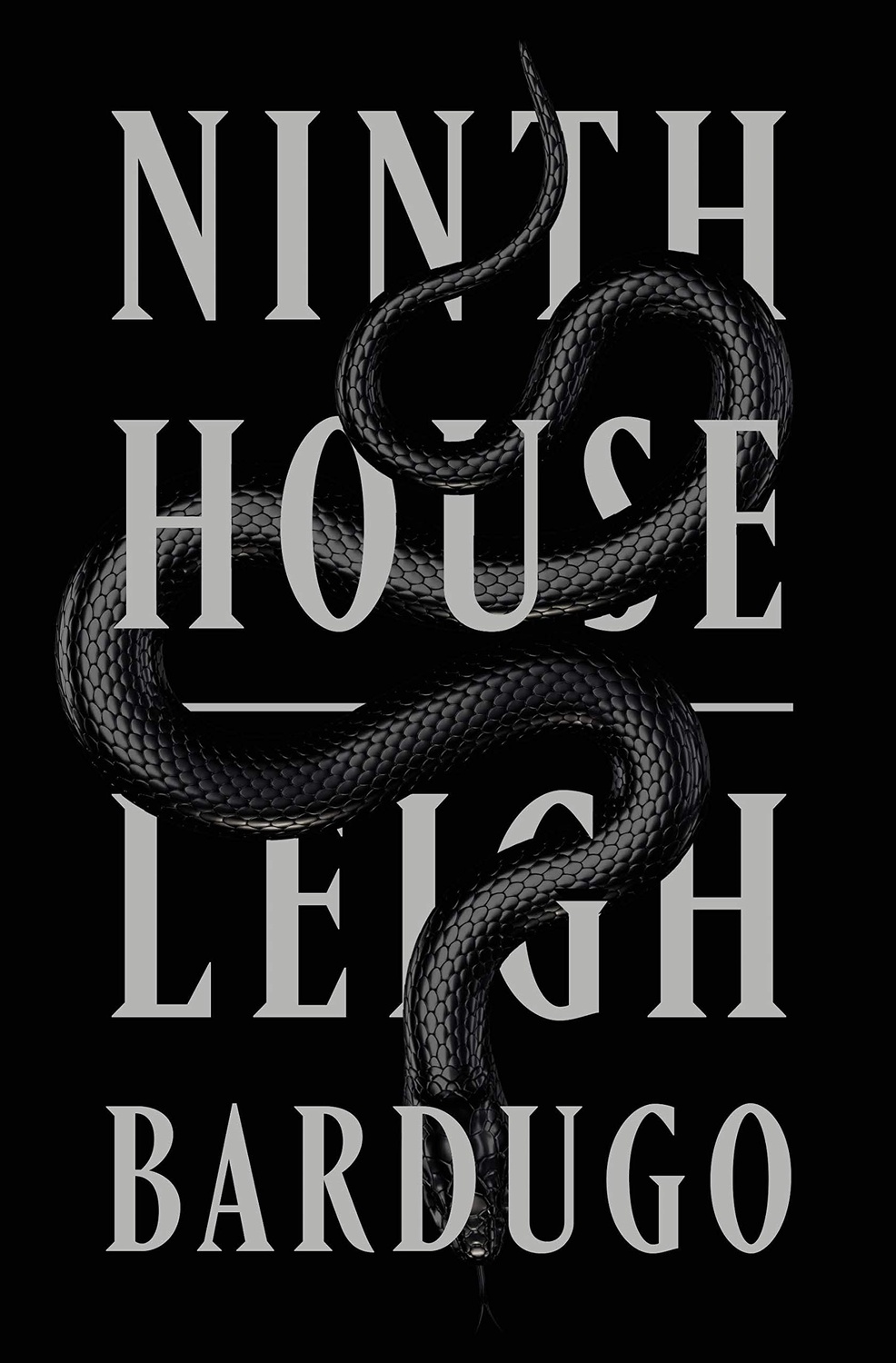
News
Harvard Quietly Resolves Anti-Palestinian Discrimination Complaint With Ed. Department

News
Following Dining Hall Crowds, Harvard College Won’t Say Whether It Tracked Wintersession Move-Ins

News
Harvard Outsources Program to Identify Descendants of Those Enslaved by University Affiliates, Lays Off Internal Staff

News
Harvard Medical School Cancels Class Session With Gazan Patients, Calling It One-Sided

News
Garber Privately Tells Faculty That Harvard Must Rethink Messaging After GOP Victory
‘Ninth House’ Brings the Ghosts Out of Yale
3.5 Stars
Leigh Bardugo’s latest novel, “Ninth House,” features a cast of ghosts, demons, and haunted houses, but its fantasy world exists neatly within the brick and mortar of New Haven, Conn., and its conflict roots itself far more deeply in reality than it does in the supernatural.
Galaxy “Alex” Stern is a textbook miscreant: a high school dropout, drug dealer and abuser, and now, survivor of a mass homicide. Miraculously, upon waking up in the hospital, Alex receives the opportunity of a lifetime: a full scholarship to attend Yale University. The dean selects Alex for a purpose; she has the unique ability to organically see, communicate, and interact with “Grays,” or ghosts. Bardugo’s Yale is home to a host of secret societies, the alumni of which are now some of the most powerful people in the world, and the members of these societies frequently engage in dangerous rituals to make themselves richer, more famous, and more powerful. Supernatural abilities in her back pocket, Alex is newly christened a member of Lethe House, a covert organization dedicated to regulating the rituals and goings-on of Yale’s elite.
What makes “Ninth House” so compelling — and, at times, painfully self-conscious — is its unnerving plausibility. Yale really does have secret societies, and famous alumni of the Skull and Bones society, which exists both in real life and in the novel, include “former presidents, diplomats, at least one director of the CIA.” In the novel, the rituals include portal magic, hallucinogenic drugs, and prognostications, or divination through human entrails. The subjects of these prognostications are often mental hospital patients, nurses paid off with the assistance of deep pockets, and the cultivators of these magic drugs are “townies” down on their luck. Now, when the exclusivity of Ivy League universities and other elite institutions is the subject of considerable controversy, it is all too fitting that a society primarily composed of the wealthy few risk the lives of the defenseless for their own material gain. The societies have an egregious upper hand; there is nothing, Alex thinks bitterly, “they couldn’t buy their way out of.”
The novel focuses far less on the intricacies of its ghosts and ancient societies than it does on real-world problems. It does so, however, with mixed results: While Bardugo portrays a thought-provoking portrait of the overwhelming power given to the members of the educated elite, she also touches tangentially on sexual abuse and racism without adequately addressing either. Alex comments on the perpetrator of an act of sexual abuse: “[he] was rich and beautiful and beloved, and there was a big difference between things being fair and things being set right.” Though a noble sentiment, the novel would have benefited had its author focused on one of these issues, rather than attempting to discuss all of them. The incidents of sexual abuse and racism are never psychologically resolved or even explored in-depth.
Likewise, Bardugo mentions the destructive power of addiction and its psychological effects, but never fully discusses the transformation that Alex undergoes in becoming clean for the first time in years. She appears once in the hospital, and then, after years of “alcohol, oxy [...] anything that unwound her focus,” shows up at Yale sober, physically if not mentally recovered. The dependence of Darlington, Alex’s mentor, on a powerful supernatural elixir is described as similar to a junkie — “Magic was all he had” — but his storyline on that front is left, at least for now, largely unresolved: His obsession with the occult is more justified than reprimanded.
The problem with “Ninth House” lies furthermore in its fragmented structure and themes. It does not progress chronologically, and while this serves on the one hand to layer the novel, pairing related scenes from different seasons side-by-side and integrating various characters from variegated places and times, it also results in a frenetic, patchy development. While this does mirror, on the one hand, Alex’s transformation and fight to find her own identity in a journey from West to East Coast, druggie to upstanding citizen, it also interrupts at times the brisk pace of the plot.
That being said, the world of “Ninth House” is an intoxicating one, its elegance afforded by its believability. The problems that Bardugo, an alumna of Yale herself, raises with the secret societies and old-boy exclusivity, are valid and deeply important, but they suffer from a lack of refinement.
Want to keep up with breaking news? Subscribe to our email newsletter.

